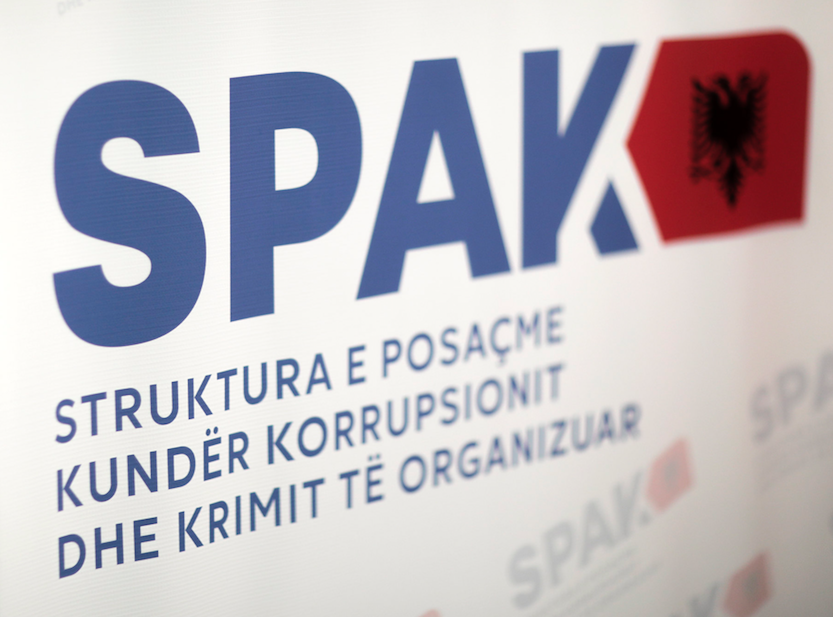Former Supreme Court Judge’s assets confiscated

The Special Court of Appeals against Corruption and Organized Crime has ordered the confiscation of assets belonging to former Supreme Court Judge Guxim Zenelaj, who is accused of false asset declarations. Zenelaj withdrew from the justice system just months before the vetting process commenced, hoping to avoid the thorough scrutiny of his professional conduct and financial status.
Why is this relevant
The justice reform in Albania, particularly its vetting process for judges and prosecutors, has been one of the most contentious yet highly praised aspects by international observers. More than half of the prosecutors and judges subjected to this process have failed to justify their wealth and have been removed from the system. Others, anticipating failure before the vetting commissions, chose to resign. However, resignation did not shield them from further investigations by SPAK (Special Anti-Corruption Structure). Guxim Zenelaj is a notable example.
On July 5, SPAK recommended a one-year prison sentence for Zenelaj but suggested that he be placed on probation for a 24-month period instead. Zenelaj faces charges of “refusal to declare, non-declaration, concealment or false declaration of assets, private interests, and persons elected or public officials, or any other person with a legal obligation to declare.”
Context
Zenelaj owned multiple properties and homes in various cities, assets that he could not justify with his or his spouse’s income. This case is part of a broader effort under Albania’s judicial reform to root out corruption within the judiciary. The vetting process has seen many judges and prosecutors removed from their positions for failing to provide a legitimate explanation for their wealth.
The vetting process, a key pillar of Albania’s judicial reform, was designed to cleanse the judiciary of corruption and restore public trust. The process has been a crucial step in aligning Albania’s judicial standards with those of the European Union, a significant factor in its ongoing EU accession talks.
Zenelaj’s case illustrates the extensive reach of this reform and the continuing efforts to ensure accountability within Albania’s legal system.


